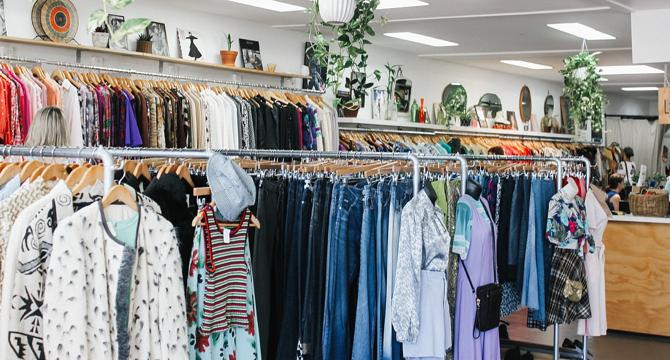Bloomberg Quint
9h
145

Image Credit: Bloomberg Quint
Pearl Global Set To Mitigate Risks Over US Reciprocal Tariff — Here’s How
- Pearl Global Industries Ltd., with its largest market in the U.S. accounting for over 60% of business, is strategizing to mitigate risks over potential reciprocal tariffs announced by U.S. President Donald Trump.
- Managing Director Pallab Banerjee reassures that he does not anticipate immediate implementation of reciprocal tariffs due to possible inflationary impacts, with retailers likely transferring cost hikes to consumers.
- Garment manufacturing primarily occurs in major global hubs, and Pearl Global's diversified manufacturing locations across these hubs serve as a protective measure against tariff implications.
- Banerjee emphasizes the importance of the company's global presence in regions like Southeast Asia, Central America, and South Asia as a risk mitigation strategy.
- Despite concerns over trade tensions, Banerjee remains optimistic about the growth of the textile and garment industry, projecting stable growth rates in the U.S. market.
- Pearl Global's stocks experienced a slight decline alongside broader market trends, with Banerjee highlighting the textile industry's resilience amidst geopolitical uncertainties.
- Walmart's subdued sales forecast due to geopolitical factors contrasts with Pearl Global's outlook, with the latter maintaining confidence in the steady growth of the garment sector despite market fluctuations.
- The company's proactive approach to diverse production locations positions it favorably to navigate potential trade challenges and sustain business resilience in the face of evolving market dynamics.
- Pearl Global's adaptive strategies underscore its commitment to mitigating risks and seizing opportunities within the global textile and garment landscape with a focus on sustainable growth.
- Banerjee's insights reflect a balanced perspective on the industry's outlook, highlighting the company's preparation to navigate uncertainties while capitalizing on the sector's underlying growth trajectory.
Read Full Article
8 Likes
For uninterrupted reading, download the app